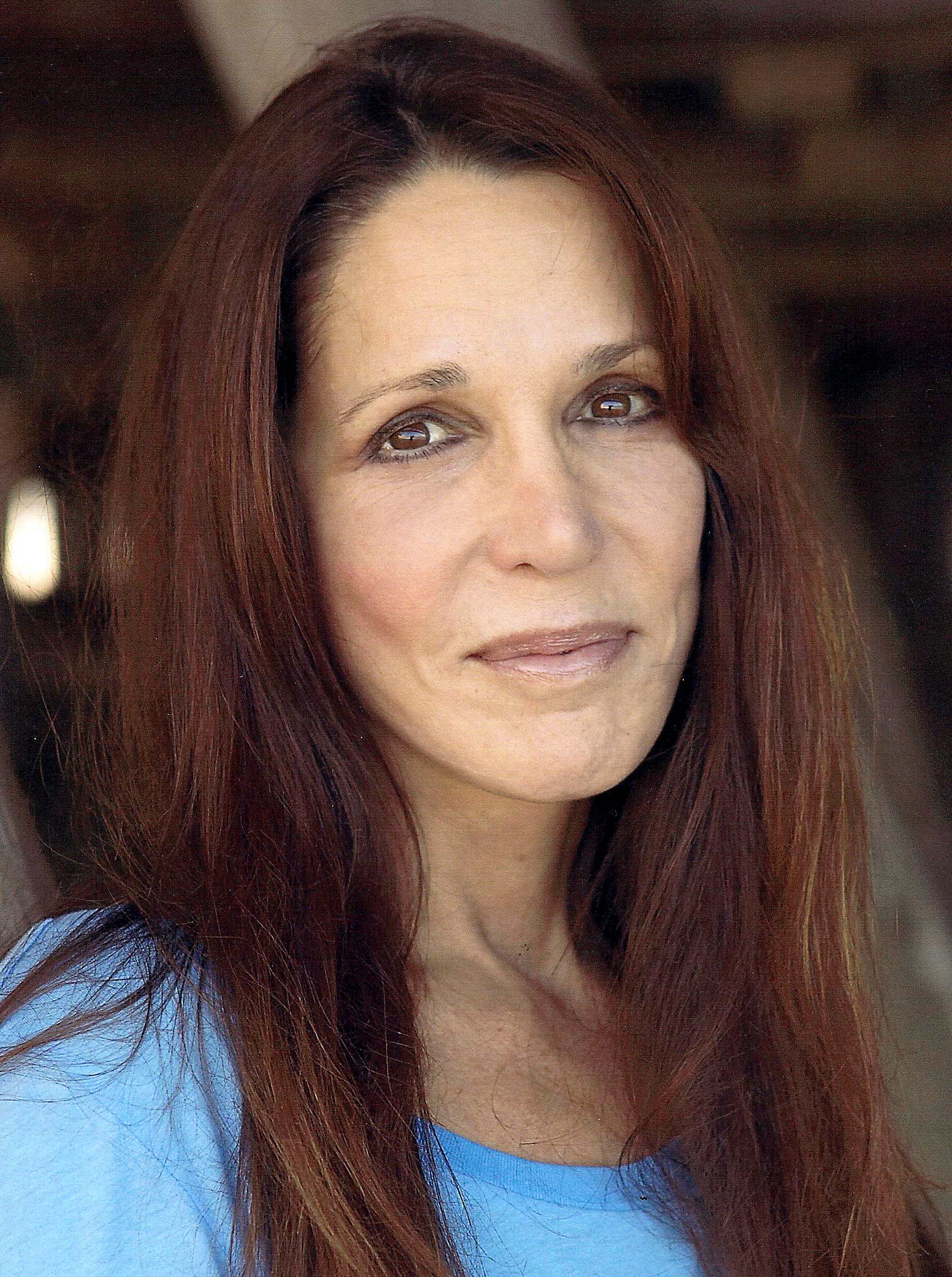Every Monday evening, a group meets in Room 3-3102 of the Ronald Reagan UCLA Medical Center.
The people who gather have one thing in common: Their lives have been touched by Alzheimer’s disease, which affects the brain and causes cognitive deterioration to the point where patients lose recognition of loved ones.
Among their number is Patti Davis, the daughter of former President Ronald Reagan. Reagan was diagnosed with Alzheimer’s disease in 1994, at a time when knowledge of the disease was extremely limited, Davis said.
“I couldn’t believe his soul was sick,” she said. “I had to try to reach past the disease to communicate with him in a different way.”
During the 1990s, the disease was rarely discussed, so Davis had no one to talk to about her experience. Even within families there exists loneliness and isolation, because not everyone experiences the loss the same way, Davis said.
Davis’ own journey through her father’s disease made her realize that people need somewhere to go to discuss their own emotional experiences, she said. After Reagan’s death in 2004, people approached Davis with their own stories and asked for advice, which helped her start thinking about the idea of a support group, Davis said.
Davis later approached the UCLA Medical Center with the concept of the group, which came to fruition when “Beyond Alzheimer’s” first met in November at the medical center that bears her father’s name, said Linda Ercoli, director of geriatric psychology at UCLA, who co-leads the group with Davis.
It is a place for people to receive emotional support and advice from others going through something similar, Davis said.
Confidentiality is a key aspect of the group, which makes it a safe place for people to tell their own stories, she said. Because of this, meetings are closed to the media.
Professionals do not always have a personal experience with Alzheimer’s and cannot relate as strongly to caregivers’ experiences, said Gary Small, director of geriatric psychiatry and professor of psychiatry and behavioral sciences.
“But Davis has been affected, and she knows about the emotional and practical impact of the disease,” Small said.
If someone has no experience with the disease, they often do not know what to say ““ the support group serves as a place to be with others who understand, Davis said.
The group is free and open to all, and there are a range of ages and stories that are told, Ercoli said.
“Beyond Alzheimer’s” is also part of a broadening network of services geared toward addressing dementia. UCLA is in the process of launching a dementia care program, offering caregiver support groups and education services, Ercoli said. Among services UCLA currently offers, specific treatment for dementia has been lacking, Small said.
“Dementia is a huge issue that needs more coordinated care, education and support,” he said.
The UCLA Alzheimer’s and Dementia Care program will provide more care through the creation of a dementia registry, a needs-assessment of patients listed in the registry and individualized dementia care plans, such as Davis’ support group, according to a university statement.
The cause of Alzheimer’s disease is unknown and a cure does not yet exist.
But for caregivers coping with the impact of the disease upon loved ones, the primary treatment for anger or resentment is to talk and realize they’re not alone, Ercoli said.
